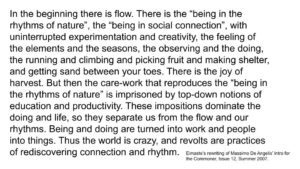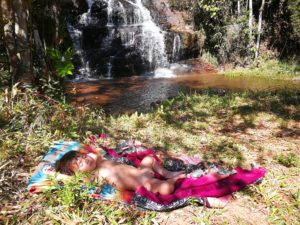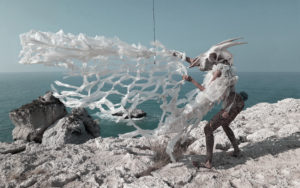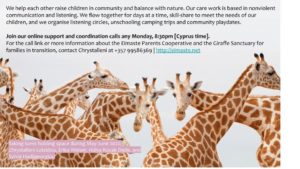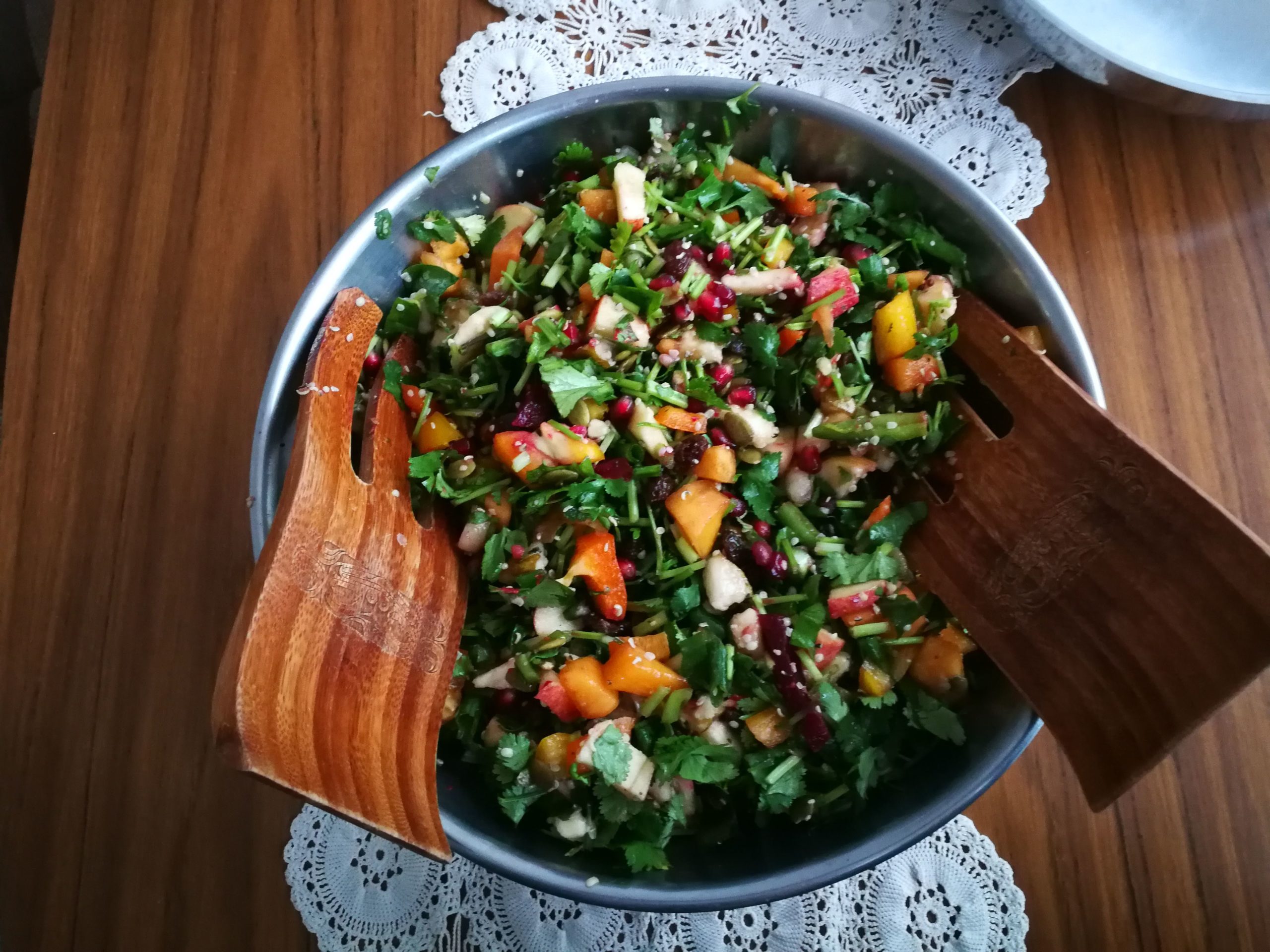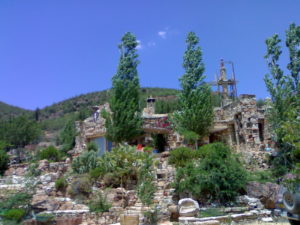Written for “Deep Commons: Cultivating ecologies of solidarity and care beyond capitalism, patriarchy, racism, and the state” [forthcoming, SUNI Press, 2024]
by Chrystalleni Loizidou in community with Hülya Dede, Sylvia Hadjigeorgiou, Konstantina Kasina, Livia Moura, Christina Tsene, George Biskos, and the Eimaste Parents Cooperative
A spell: from practice to theory
In the beginning there is flow. There is the “being in the rhythms of nature”, the “being in social connection”, with uninterrupted experimentation and creativity, the feeling of the elements and the seasons, the observing and the doing, the running and climbing and picking fruit and making shelter. And getting dirt between your toes. There is the joy and gratitude of harvest. But then the care-work that reproduces “being in the rhythms of nature” is imprisoned by top-down notions of education and productivity. These impositions dominate the doing and life, so they separate us from flow and from our rhythms. Being and doing are turned into work and people into things. Thus the world is crazy, and revolts are practices of rediscovering connection and rhythm. [Excerpt from the Eimaste Connective Practices Toolkit for Community Flow Between Families in Transition; inspired by Massimo de Angelis’ editorial intro for the Commoner, 2012]
Let this piece of writing be a call to life, a call to de-projectify and radically de-institutionalise. A call to heed the advice of Brazilian indigenous leader Ailton Alves Lacerda Krenak “not to take the children out of the room” so that we stay connected to their and our needs and hold their abilities and their interests (their mess, their energy, and their openness to possibility) in our heart as we choose to occupy a present and build a future together with them. Let this be a call to start living out solutions to this systemic crisis of childhood and so, inevitably it seems, to allow ourselves to become academic “matter out of place”. Let us unapologetically allow tears and laughter to disturb conferences, exhibitions, seminars and political decision-making gatherings. Let us face and undo the fear of the mess and freedom of childhood and the alienation that has taken hold through this rampant capitalist, patriarchal and deeply discriminatory and unnatural phenomenon of institutional infantophobia. Let us undo the disconnection from our need to care that has been allowed by the exclusion of children, of the elderly and of the disabled, from most settings of supposed productivity. Let this be a call to give ourselves to the hard work of harmonious cooperative flow, embodied lived experience and care that puts the child (and the child within us) in the centre and builds life around that. A call to see childcare as commoning, to laboriously, patiently and forgivingly build local connections and circular exchange economies that may, eventually, allow us “not to park our children while we go to work.”
This piece presents the conversations and the vision of a group of people who have been coordinating closely and harmoniously to pool resources and raise children together in a spirit of freedom and creativity. We’ve only been able to bring this vision into inhabited reality as a series of exceptions, for two or three days at a time, at the end of which we eventually return to our habitual reliance on less connected arrangements and services. This chapter picks up key learning points from our stints of practising childcare commoning. Here we take elements from those days of being together in flow and invest in them, articulating our ideas for extending and normalising them.
We wish to understand and transform the conditions that are trapping our families in cities, in increasingly expensive and difficult to maintain childcare and learning arrangements, that are depriving us of a robust and stimulating social context, that are keeping us on the bus or in the car for too long every day, or too long in front of screens, or eating too many take-aways, or despairing when we face illness or injury or depression, or the realisation that there’s no one around to help us reinforce important boundaries with our children. Our aim is to share what we have learnt so far: things we hold to be useful and hopeful practices as a way out of this mess. A way out of this global, isolating, infantophobic matrix that is feeding into what can be called the edu-war-health industrial complex, now happily aligned with an exploitative tech and media industry. A situation that has globally turned parenthood and childcare —or bonds of care-giving more generally— into predicaments.
…
